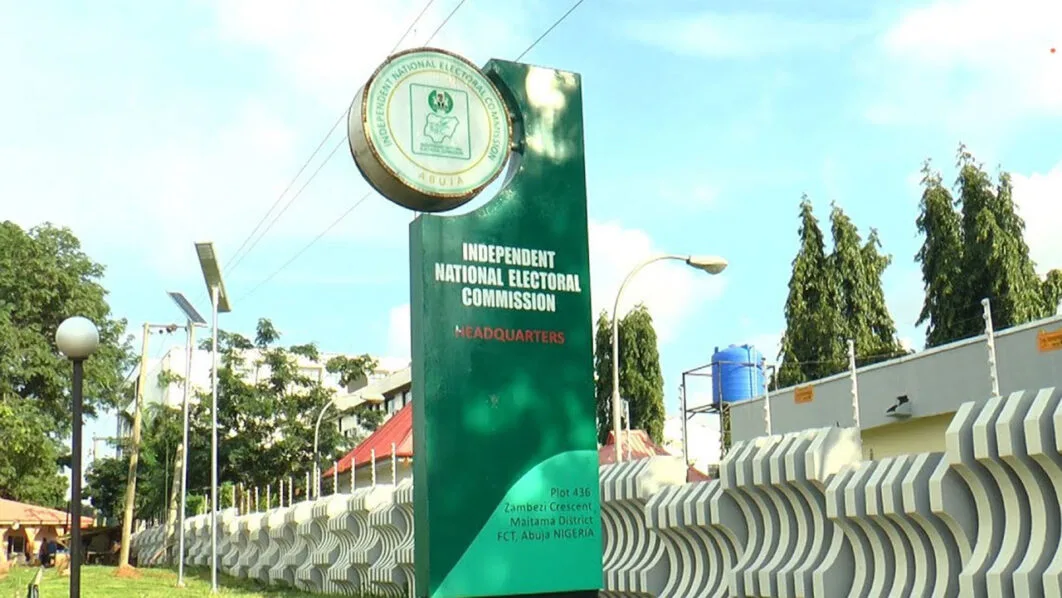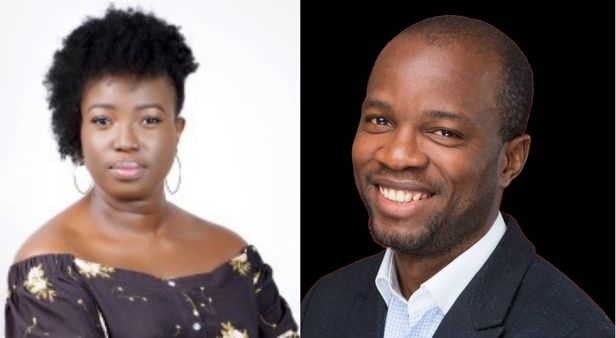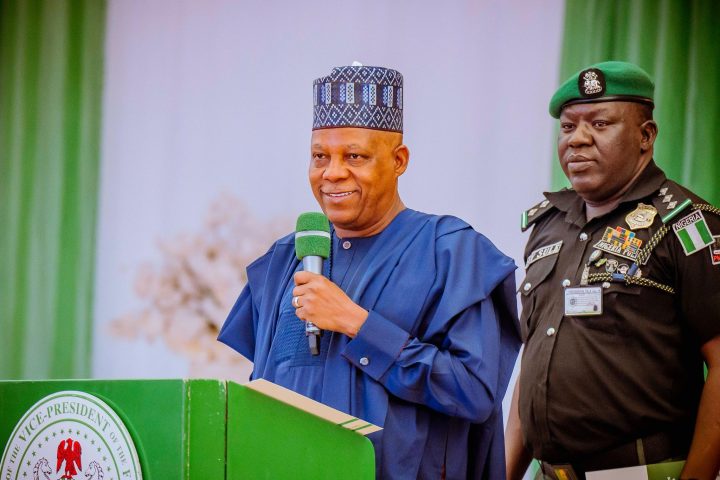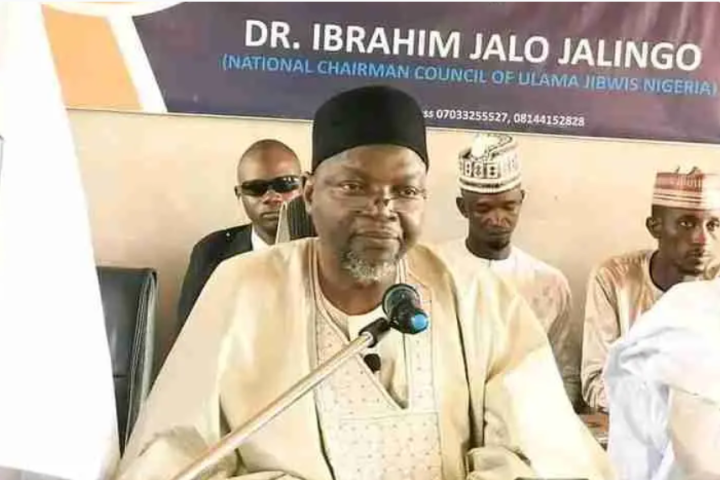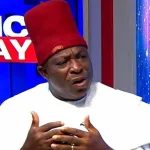Nigeria’s electoral system is at a crossroads. The Independent National Electoral Commission (INEC) has been marred by allegations of corruption, inefficiency, and partisanship, eroding public trust in democratic processes.
As INEC renews its push for an Electoral Offences Tribunal, critics argue that the Commission must first address its internal corruption and lack of transparency. With the country’s electoral integrity hanging in the balance, can INEC restore trust and ensure that any tribunal established serves the interests of justice, rather than political manipulation?
Join our WhatsApp ChannelFrom voter suppression and ballot box stuffing to bribery scandals implicating high-ranking officials, the INEC has been at the centre of controversy. Without genuine reforms to ensure transparency and accountability, any tribunal risks becoming another tool for political manipulation rather than a mechanism for justice.
Nigeria’s electoral history began with the Electoral Commission of Nigeria (ECN) in 1959. The Federal Electoral Commission (FEC) was established in 1960 but dissolved after the 1966 military coup. In 1978, the Federal Electoral Commission (FEDECO) was formed, conducting elections until its dissolution in 1987.
The National Electoral Commission (NEC) was established but dissolved in 1993 after the annulled June 12 election. General Sani Abacha created the National Electoral Commission of Nigeria (NECON) in 1995, which was disbanded in 1998. INEC was established in 1998 to oversee the transition to the Fourth Republic.
Corruption and Electoral Malpractices within INEC
For years, INEC has faced significant allegations of electoral malpractice, including corruption, inefficiency, and partisanship. Corruption remains a major concern, with accusations of bribery and favouritism during elections. Reports showed that widespread irregularities, including voter suppression and result manipulation, marred the 2007 elections.
The Babalakin Commission of Inquiry highlighted various forms of competitive rigging, such as fictitious voter registrations and ballot box stuffing. Further evidence from the EFCC Interim Report on the 2015 elections revealed that over ₦3 billion was received by INEC staff across 16 states to influence the general elections.
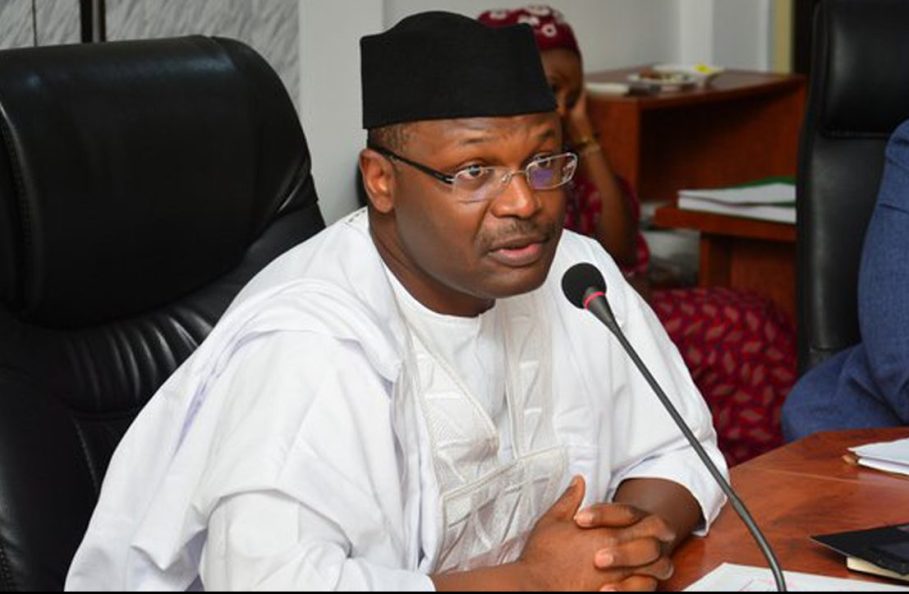
Allegations extended to 202 serving and retired INEC officials. One such case involved Gogo Anderson Waribo, who was implicated in an alleged ₦16 million bribe linked to the ₦23 billion slush fund associated with Diezani Allison-Madueke. Waribo allegedly received the money through his First Bank account in March 2015 and distributed ₦5 million to Peter Popnen, an ex-INEC official. In 2017, six senior INEC staff were implicated in receiving ₦23 billion in bribes during election-related activities, further highlighting systemic corruption within the commission.
The 2019 and 2023 Elections: A Crisis of Credibility
The 2019 elections were also tainted by allegations of voter suppression and result manipulation. INEC faced criticism for its handling of the elections, with some observers noting irregularities in the voting process. More recently, the Senate approved the dismissal of three INEC officials, including the suspended Resident Electoral Commissioner (REC) Nura Ali, who confessed to receiving a $150,000 bribe to manipulate the 2023 general elections in Sokoto State. Similar allegations were levelled against Barr. Hudu Yunusa-Ari in Adamawa, who unilaterally declared a governorship candidate as the winner, and Professor Ikemefuna Chijioke Uzochukwu in Abia, who faced logistical failures and irregularities.
READ ALSO: Let’s Restructure Nigeria’s Elections: INEC Shall We?
The 2023 general elections appear to be the most flawed in Nigeria’s history. Issues such as voter suppression, vote buying, and technical failures with the BVAS machines further undermined the credibility of the process.
The failure of the IReV portal to upload results as promised led to discrepancies and widespread scepticism. Social media claims suggested INEC was rigging the election count to favour the governing APC party. Although INEC denied these allegations, public trust in Nigeria’s electoral system has been severely eroded.
The judiciary’s handling of election disputes also disappointed many, as judgments seemed to overlook allegations of malpractice. Investigations by top media houses indicated that Labour Party candidates may have won in some states where APC was declared victorious, exacerbating scepticism.
INEC’s Push for an Electoral Offences Tribunal
Amid the emotive crisis, INEC has been advocating for an Electoral Offences Tribunal for several years, with a renewed push in February 2025. The primary reason cited is the slow prosecution of electoral offenders due to the lack of specialised courts, which often leads to cases lingering across election cycles.
However, there is widespread scepticism about INEC’s sincerity in this matter, given the allegations of corruption and favouritism within the commission itself. This push raises questions about whether the tribunal is genuinely aimed at addressing electoral malpractices or if it might be used as a tool for political manipulation.
Since electoral offenders are those who violate or impede the transparency of elections, including security agents, political parties, and thugs, it is important to acknowledge that INEC officials themselves remain the primary offenders.
Given the depth of corruption and fraud within the commission, one must ask whether an electoral tribunal is even necessary. While the push for a tribunal could expedite justice for electoral offences and enhance the credibility of Nigeria’s electoral system, failing to address INEC’s internal issues risks turning the tribunal into a weapon for targeting political opponents rather than a genuine mechanism for combating electoral malpractices.
Reforms Before Tribunal: The Way Forward
To effectively advocate an Electoral Offences Tribunal, INEC must first clean its house. Officials must resist bribery at all costs. Strengthening internal oversight is crucial and can be achieved by establishing independent mechanisms to address corruption within INEC, such as internal audit units and whistleblower policies to detect and prevent malpractices. Enhancing transparency is also essential, ensuring open access to electoral processes for scrutiny by stakeholders. This can be facilitated through regular updates on election preparations and results via platforms like the IReV portal. Implementing a zero-tolerance policy for corruption is vital, with swift disciplinary actions against any INEC officials implicated in bribery or favouritism.
Public engagement is necessary to rebuild trust through dialogue and collaboration with civil society and political parties. By addressing internal corruption and enhancing transparency, INEC can ensure that any tribunal established genuinely serves to uphold electoral integrity rather than further political interests. Recent efforts by INEC, such as the comprehensive roadmap for electoral reforms unveiled in December 2024, highlight a commitment to change, but sustained action is necessary to achieve lasting impact.
Dr Mbamalu, a Jefferson Journalism Fellow, Member of the Nigerian Guild of Editors (NGE) and Media/Communications Consultant, is the Publisher of Prime Business Africa (PBA).
Dr. Marcel Mbamalu is a communication scholar, journalist and entrepreneur. He holds a Ph.D in Mass Communication from the University of Nigeria, Nsukka and is the Chief Executive Officer Newstide Publications, the publishers of Prime Business Africa.
A seasoned journalist, he horned his journalism skills at The Guardian Newspaper, rising to the position of News Editor at the flagship of the Nigerian press. He has garnered multidisciplinary experience in marketing communication, public relations and media research, helping clients to deliver bespoke campaigns within Nigeria and across Africa.
He has built an expansive network in the media and has served as a media trainer for World Health Organisation (WHO) at various times in Northeast Nigeria. He has attended numerous media trainings, including the Bloomberg Financial Journalism Training and Reuters/AfDB training on Effective Coverage of Infrastructural Development of Africa.
A versatile media expert, he won the Jefferson Fellowship in 2023 as the sole Africa representative on the program. Dr Mbamalu was part of a global media team that covered the 2020 United State’s Presidential election. As Africa's sole representative in the 2023 Jefferson Fellowships, Dr Mbamalu was selected to tour the United States and Asia (Japan and Hong Kong) as part of a 12-man global team of journalists on a travel grant to report on inclusion, income gaps and migration issues between the US and Asia.

